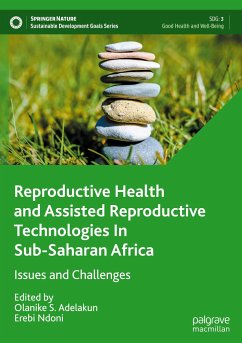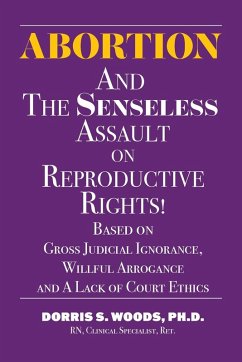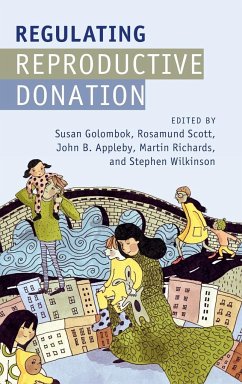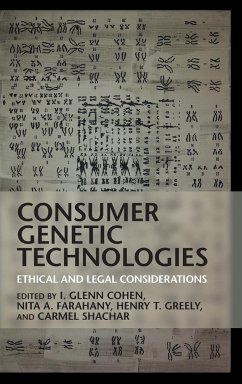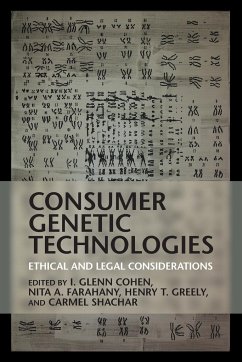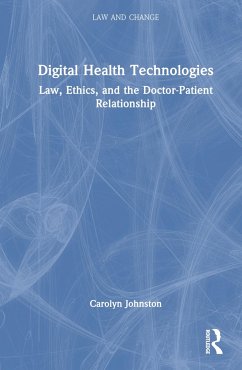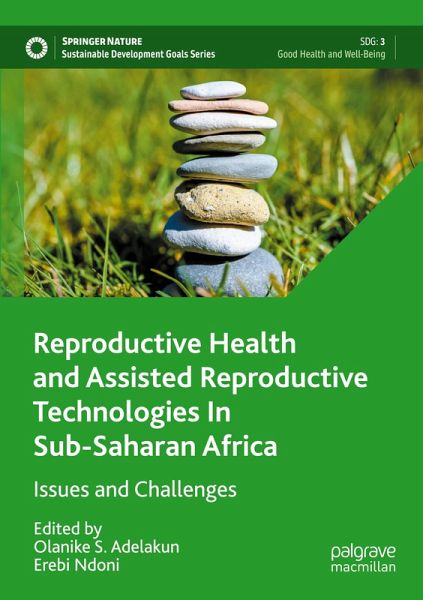
Reproductive Health and Assisted Reproductive Technologies In Sub-Saharan Africa
Issues and Challenges
Herausgegeben: Adelakun, Olanike S.; Ndoni, Erebi
Versandkostenfrei!
Versandfertig in 6-10 Tagen
129,99 €
inkl. MwSt.

PAYBACK Punkte
65 °P sammeln!
This book focuses on reproductive health rights and assisted reproductive technologies (ART) in sub-Saharan Africa. Each chapter is connected to the other by focusing on different aspects of ART as a means of achieving conception.Topics such as regulation of ART practices, surrogacy and specific aspects of ART, which are gradually becoming acceptable but largely unregulated in Africa, promises to be of interest to scholars, researchers and fertility practitioners. Research in the book take a rights based approach and ethical analysis of ART practice in sub-Saharan Africa by authors from divers...
This book focuses on reproductive health rights and assisted reproductive technologies (ART) in sub-Saharan Africa. Each chapter is connected to the other by focusing on different aspects of ART as a means of achieving conception.
Topics such as regulation of ART practices, surrogacy and specific aspects of ART, which are gradually becoming acceptable but largely unregulated in Africa, promises to be of interest to scholars, researchers and fertility practitioners. Research in the book take a rights based approach and ethical analysis of ART practice in sub-Saharan Africa by authors from diverse backgrounds bringing together law and society perspectives.
Readers stand to gain new knowledge on the societal, legal, medical and psychological requirements, effects and challenges of reproductive health rights and ART in the African context. The book is also relevant to UN Sustainable Development Goal 3: Good Health and Well-being, given that it promotes and advocates foraccessto reproductive healthcare for persons who have difficulty or are unable to conceive without medical assistance.
Topics such as regulation of ART practices, surrogacy and specific aspects of ART, which are gradually becoming acceptable but largely unregulated in Africa, promises to be of interest to scholars, researchers and fertility practitioners. Research in the book take a rights based approach and ethical analysis of ART practice in sub-Saharan Africa by authors from diverse backgrounds bringing together law and society perspectives.
Readers stand to gain new knowledge on the societal, legal, medical and psychological requirements, effects and challenges of reproductive health rights and ART in the African context. The book is also relevant to UN Sustainable Development Goal 3: Good Health and Well-being, given that it promotes and advocates foraccessto reproductive healthcare for persons who have difficulty or are unable to conceive without medical assistance.



